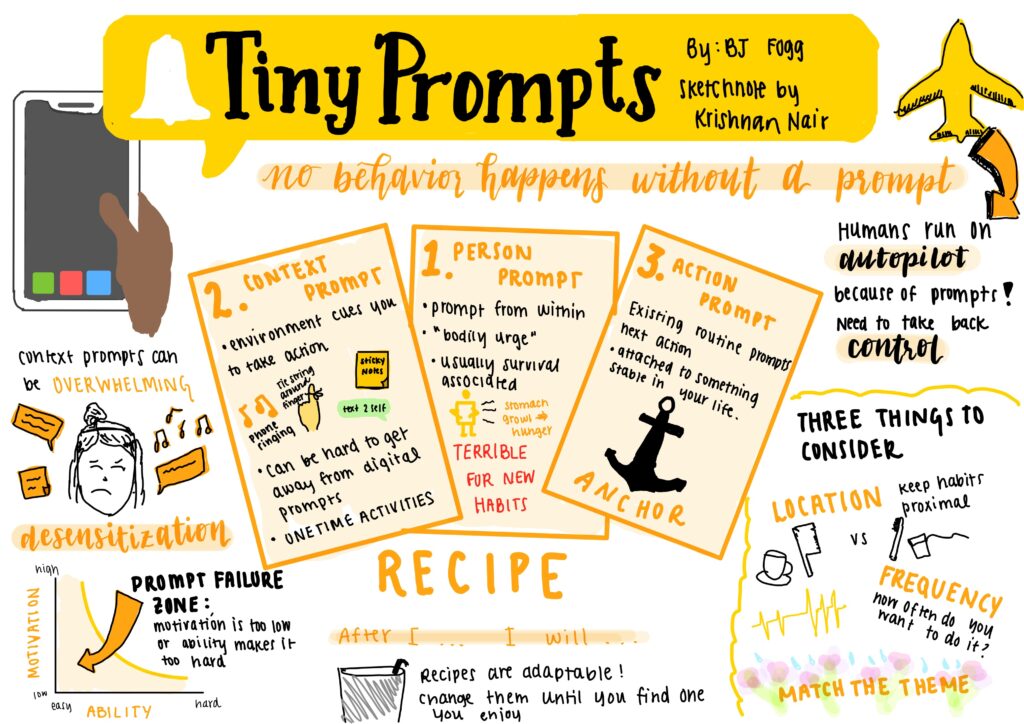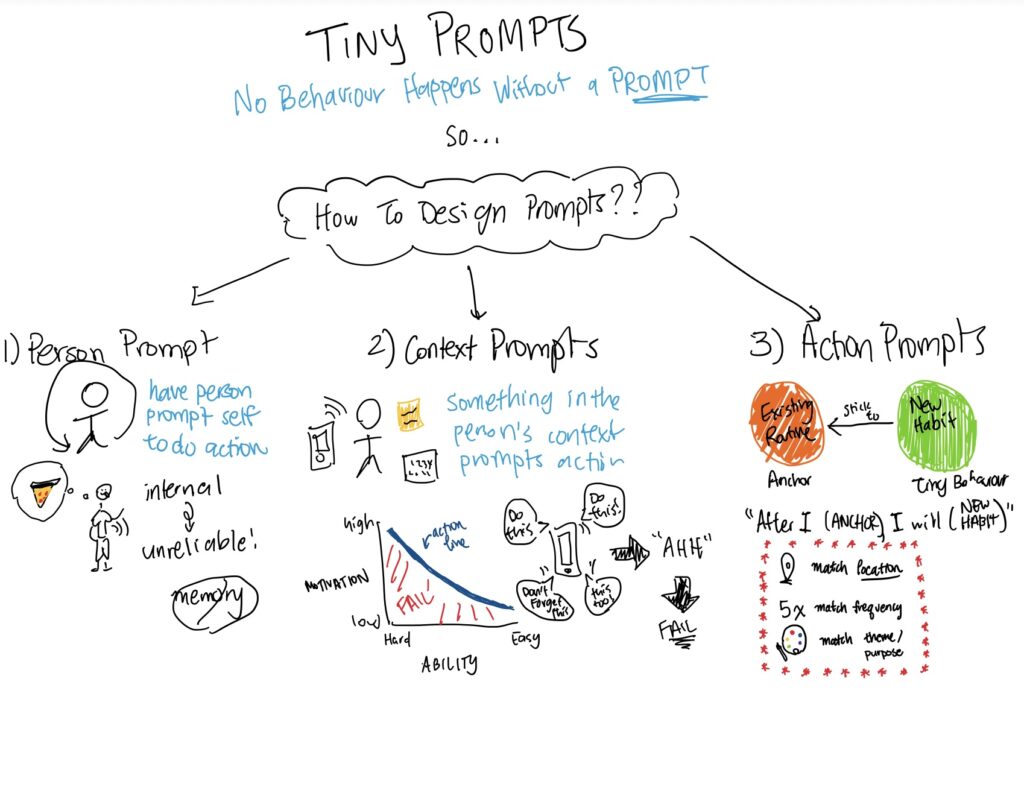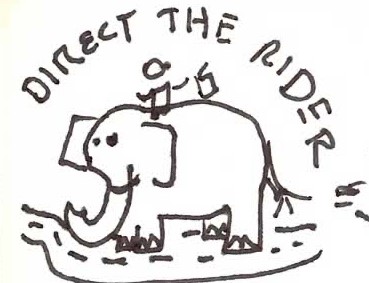Target Audience and Behavior
Our target audience is young professionals / new grads in their first years of employment. We want to focus on work prioritization and management within the context of excessive social media/”doom scrolling”. We want to observe how young professionals are managing integration into a professional career, particularly after their recently finished academic career, as it marks an intimidating new time of their life. Additionally, we are looking to observe their behaviors during this transformative time under the context of the current-day norms and overwhelming focus on social media.
Screener
These are the specific details of the target demographic we are looking for:
- Demographics:
- Age: 20’s
- Location: anyone living in / pursuing a career in the United States
- Occupation: white collar work / STEM, finance, business, education, humanities, any other field that isn’t blue collar or trade work
- Experience with a specific product or behavior:
- Products: Mainstream social media, (i.e. Instagram, TikTok, Reddit, etc)
- Behavior: considerable phone and technology usage on those platforms
- Willingness and availability to participate:
- Time commitment:
- Needs to be able to respond to brief 3-minute surveys/’pings’ every hour, during their primary working hours
- Needs to be willing to respond to a brief survey morning-and-evening each day of the study
- Other necessities:
- Willing to share screenshots of their daily screen time, and consent to analysis + sharing of their data (they will be anonymized)
- Time commitment:
- Any disqualifying factors:
- Not previously employed
- They don’t use social media
- Under 20 / over 35 y/o
- People who don’t feel like tech overconsumption in general is a problem for them
- People who feel like they don’t struggle with work prioritization
- Participants phone does not have a screen time page (in Settings on iPhone)
Based on these, here is the set of questions for our screener:
- How old are you?
- Do you work in the United States? (If you are not currently employed, please skip to question 4.)
- What do you do for work?
- If you are not currently employed, have you been employed before? If so, what did you do for work?
- Do you use social media or other entertainment apps on your devices? If so, what are your most used apps?
- Do you feel that you spend excessive time on social media?
- On a scale of 0 (not much at all) to 5 (almost all the time or constantly) how often do you find yourself on your phone?
- Does your device have Screen Time and app usage recording capacity? (Example on iPhone: Settings —> scroll down —> Screen Time —> See All App & Website Activity)
During the study, we will decide with you a window of time, ex. 9am – 6pm, for study each day.
- Are you willing and able to respond to ‘pings’ (brief ~3min survey) every hour of this period?
- Are you willing and able to respond to a brief ~5min survey before and after each day?
- Are you willing to send a screenshot of your screen time before and after each day?
- Do you consent to the collection and processing of the above data? Any and all analysis will be anonymized, and your identity will not be shared.
If the participant moves forward, we will also send out a consent form listing who will have access to the data, etc., to be signed by the participant.
Baseline Study Design
Our diary study will be focused on how users manage and prioritize their work while dealing with perceived excessive use of social media. The goal will be to understand the context and thought process behind how users try to achieve their goals/tasks for the day, and how they feel about their social media usage. We want to answer these key questions:
- How do they organize their goals/tasks, and how do they want to achieve them?
- What motivates them to seek social media during work periods? What is the context?
- How do they perceive their social media use during work, and how does it make them feel?
- What is their thought process when accessing social media platforms during work?
For logistical data, we will be doing a beginning-of-day and end-of-day survey for each day of the study. Participants will report about their goals for the day, and report on what they were able to accomplish by the end of the day. Screenshots of their mobile phone screen time at the start and end of their day will also be collected. Additionally, they will receive about 8-10 pings each day during their primary work time (as designated by them after the pre-study interview) about what they were doing at the moment and assessing their social media use. More details are in the data collection plan section.
For the content, we are aiming to capture their thoughts and feelings before/during/after using social media during that past period (if at all). Were they struggling to focus? Did social media help their mood? How do they feel about spending time on it after? How did they organize their time? These are all questions that we aim to answer from the content of their responses.
| Day 1 | We’ll be meeting with study participants and briefing them on the logistics of the study. This involves establishing the communication and rapport with the participant, and answering any questions they may have. Participants will also set their primary work times to be pinged throughout the study. |
| Day 2-5 | Each day will be as follows: – Before their primary work times (30 mins – 1hr), participants will fill out a brief survey about what their goals are for the day. They will also provide a screenshot of their mobile phone screen time. – During their primary work times, they will receive about 4-5 pings a day (one approximately every two hours) to fill out a brief survey about what they were doing, if they had used social media within the hour, and their thoughts and feelings before/during/after use. – After their primary work times (30 mins – 1hr), participants will fill out a brief survey about what they were able to achieve during the day, as well as a brief reflection on their social media use and prioritization. Data will be collected and analyzed each day. |
| Day 6 | We’ll have a post-study debrief with the participant (if applicable here due to class pacing for the post-study interview). We will summarize and discuss things that stood out and ask questions for additional context as necessary. |
Data Collection Plan
For each day of the study:
| # | Participant Task | Member Work |
| 1 | Beginning of day: answer a brief survey about what they want to accomplish in the day, and send a screenshot of their screen time at beginning of day | Text participant a scripted message. Remind after 30 minutes if no response |
| 2 | Answer a brief survey about what they are doing at the moment, every two hours | Text participant a scripted message every hour throughout a participant-agreed-upon window of time. Only follow up if they miss more than 3 pings in a day–we don’t want to be annoying, but we also need them to respond to most pings for accurate data collection |
| 3. | End of day: answer a brief survey about what they were able to accomplish that day | Text participant a scripted message at the conclusion of the day. Remind after 30 minutes if no response |
| 4. | Send a screenshot of their screen time at end of day | Text to request the screenshot at EOD, If no response, text again after 30 minutes, and also the next morning if still no response. Write the name + date on the screenshot and add to the folder respective to participant. |
We chose to ping our participants instead of relying on them to remember to track their own behavior, in order to help reduce the mental load of the study. Check-ins and data submissions will all happen through text between participant and assigned team member who will be facilitating the study for that person. At the end of each day, we will process the data from the daily surveys, pings, and screen time screenshots.
Study Materials
We have an introductory document, discussion guide, and email templates for before and after the study.




Comments
Comments are closed.